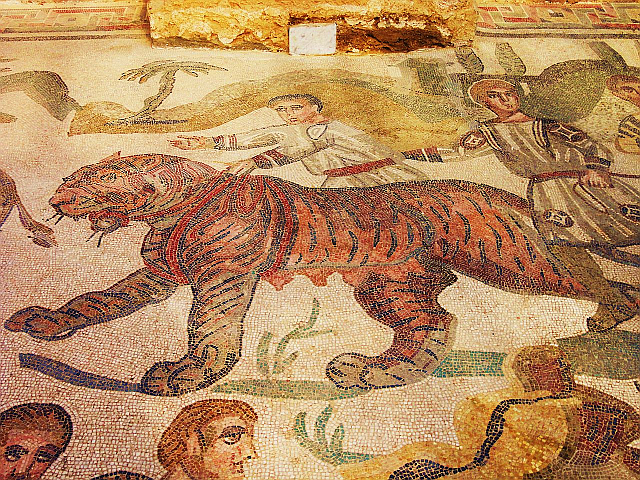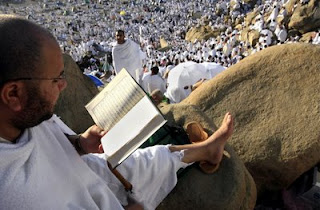When Scott-Martin Kosofsky rediscovered The Book of Customs in the late 20th century, he did so not as a rabbi or a scholar, nor as a passionately devout adherent of any strand of Judaism. For him, the different branches of Judaism seemed still to have more in common than apart, so he set out to recreate a Book of Customs, in English, for modern people. He delved into the structure of Jewish practice, the ancient stories behind its teachings, the rituals and symbols that had seemed dead to him for most of his life. He added historical detail and notes on contemporary application. Jewish life is really all about moments, he realized anew — moments that are set aside to honor God. To his own surprise he found himself not only chronicling this sensibility, but participating in its power.
A fascinating conversation with Kosofsky that draws on his experience of the Old Testament and history can be found here. In Judaism, "What you believe follows only after what you do," says Kosofsky. "So Judaism is very much about doing God's commandments and doing the right thing rather than believing a specific credo."
The Real Audio file is here. Near the end, he ponders whether we, the modern readers of the Old Testament, are dealing "with God or with the memory of God." Kosofsky is the author of The Book of Customs: A Complete Handbook for the Jewish Year






